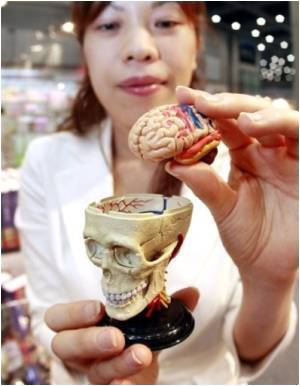
"By the time people get diagnosed with Alzheimer's using cognitive tests, there's already a lot of brain damage. We hope that in the future methods that combine brain imaging and biomarker assessments can push the diagnosis back, while learning more about the mechanisms causing Alzheimer's disease, so we can develop better treatments," Beckett added.
The study analysis picked out a subgroup of healthy adults who later would experience a decline in memory performance typical of early Alzheimer's disease long before other study participants.
For the study, Beckett and her team used data from the Alzheimer's Disease Neuroimaging Initiative, which provides researchers with access to brain scans, clinical data and other laboratory results from spinal fluid and blood tests from more than 800 older adults.
Some study participants began with a clean slate of cognitive health, some with mild cognitive impairment - a condition that often presages Alzheimer's - and others with mild or moderate Alzheimer's disease.
The researchers analyzed data from 220 normal older adults who had undergone structural magnetic resonance imaging (MRI) and clinical examinations. About half also provided spinal fluid samples. Among the 96 participants, cluster analysis identified three distinct subgroups of individuals based solely on their baseline imaging and laboratory measures.
Advertisement
Beckett said that the finding is an important step toward discovering the constellation of imaging and fluid biomarkers that foreshadow cognitive decline, as well as a means of determining whether new treatments are effective.
Advertisement
Source-ANI












